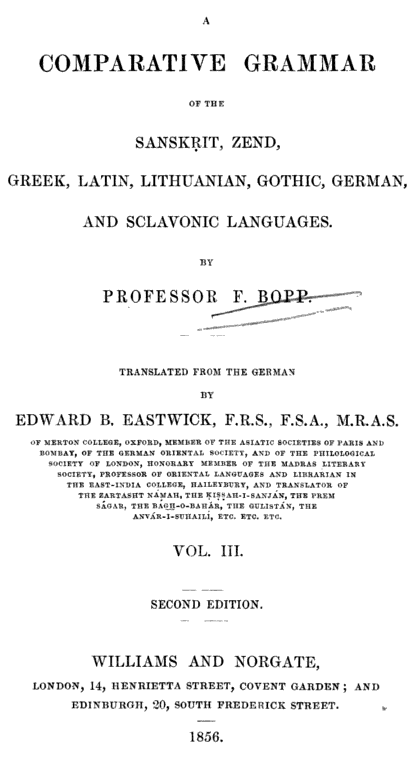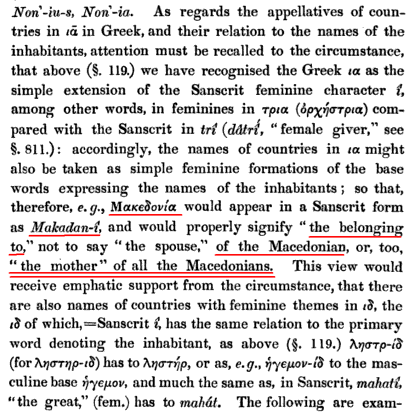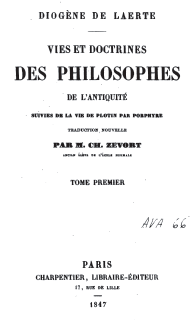Lately,again I have found this explanation
I you read slowly, and with out rush as officially something what from my side has been done,then there is something else about.
It is about for some of theirs dialects what even as they claim ,are not ancient Koine decedent,have the same role changes as our language dialects have .
Apologizes for mine misunderstood of this sentence
Modern Greek
The digamma survives even today as /v/ in the Modern Greek Tsakonian dialect, the only dialect not descended from ancient Koine Greek, the famous, and only, example being βάννε /'vannε/ "lamb" for standard Greek _el. αρνί) (cf. Cretan _el. Ϝαρήν).
The city of Oitylo used to be called Vitulo earlier, until the Classical Attic-Ionic form, _el. Οίτυλο /'itilo/, was introduced. [http://www.zorbas.de/maniguide/itilo.html] The diphthong - which is attested in the Iliad already (2.285) - is probably due to an early attempt to render the foreign sound: [oi] = [wi] .
The digamma survives even today as /v/ in the Modern Greek Tsakonian dialect, the only dialect not descended from ancient Koine Greek, the famous, and only, example being βάννε /'vannε/ "lamb" for standard Greek _el. αρνί) (cf. Cretan _el. Ϝαρήν).
The city of Oitylo used to be called Vitulo earlier, until the Classical Attic-Ionic form, _el. Οίτυλο /'itilo/, was introduced. [http://www.zorbas.de/maniguide/itilo.html] The diphthong - which is attested in the Iliad already (2.285) - is probably due to an early attempt to render the foreign sound: [oi] = [wi] .
It is about for some of theirs dialects what even as they claim ,are not ancient Koine decedent,have the same role changes as our language dialects have .
Apologizes for mine misunderstood of this sentence










Comment